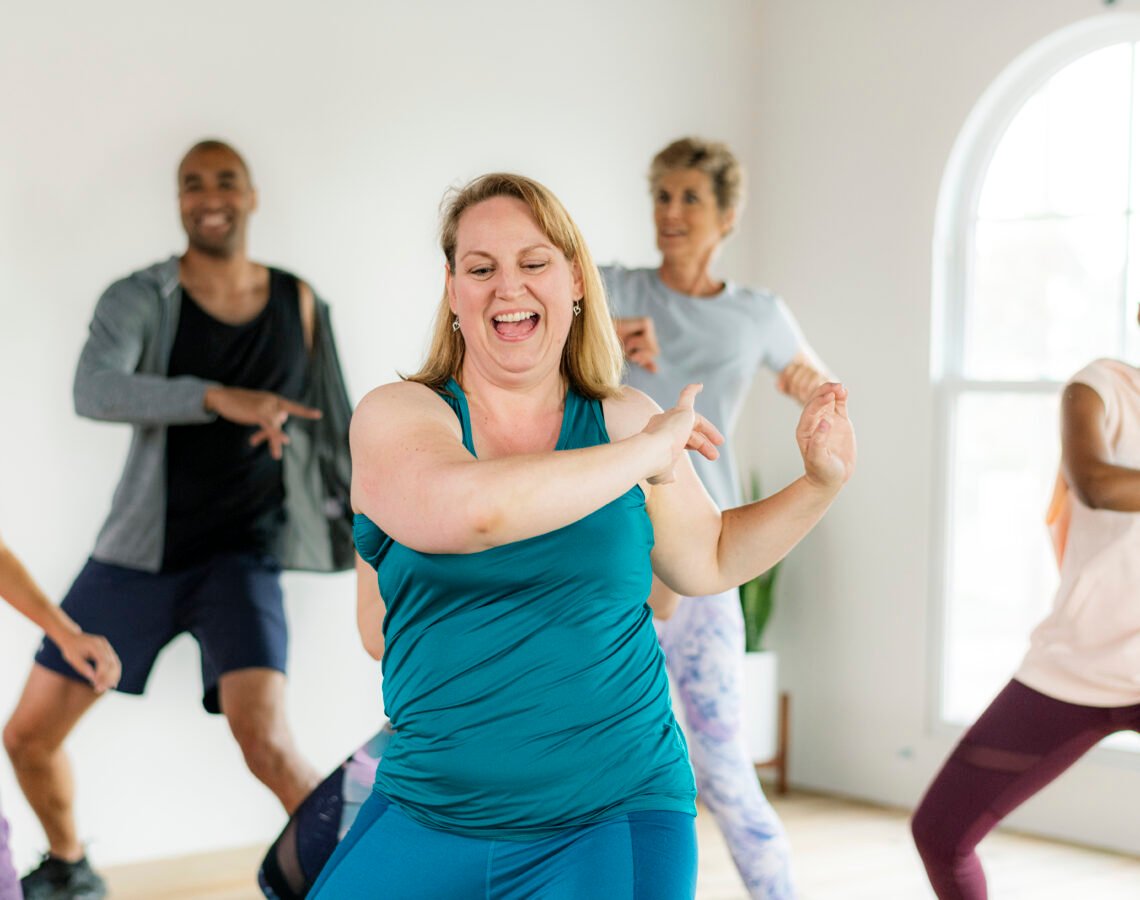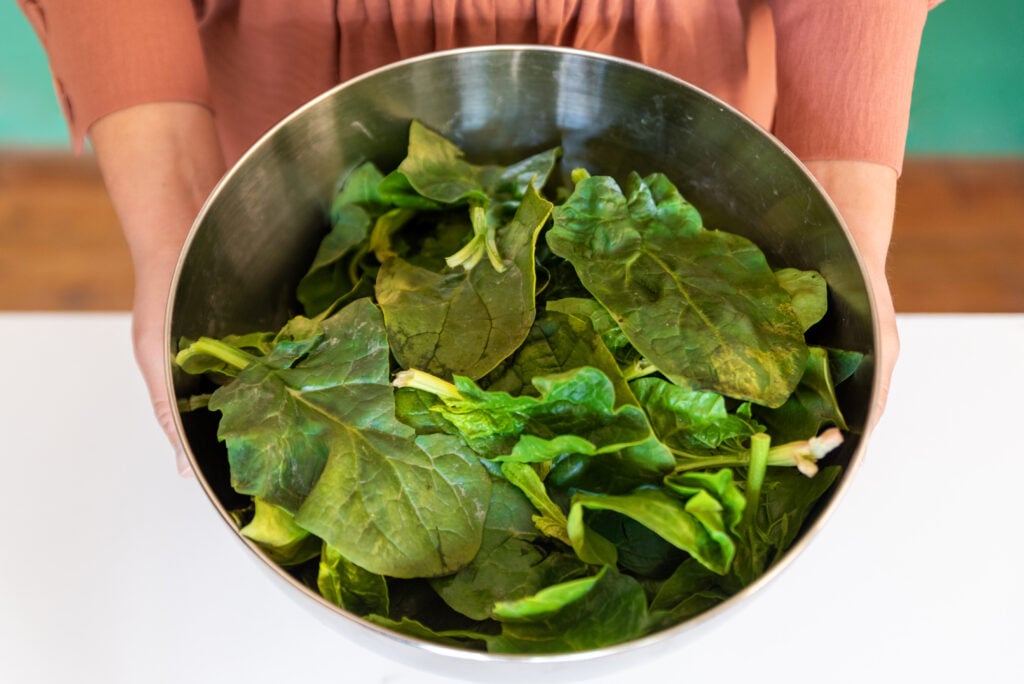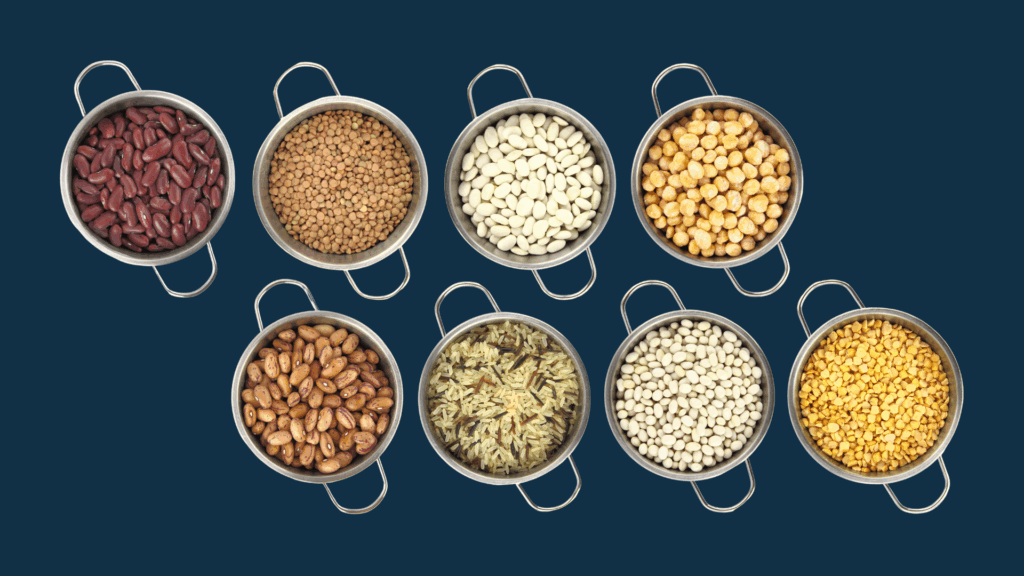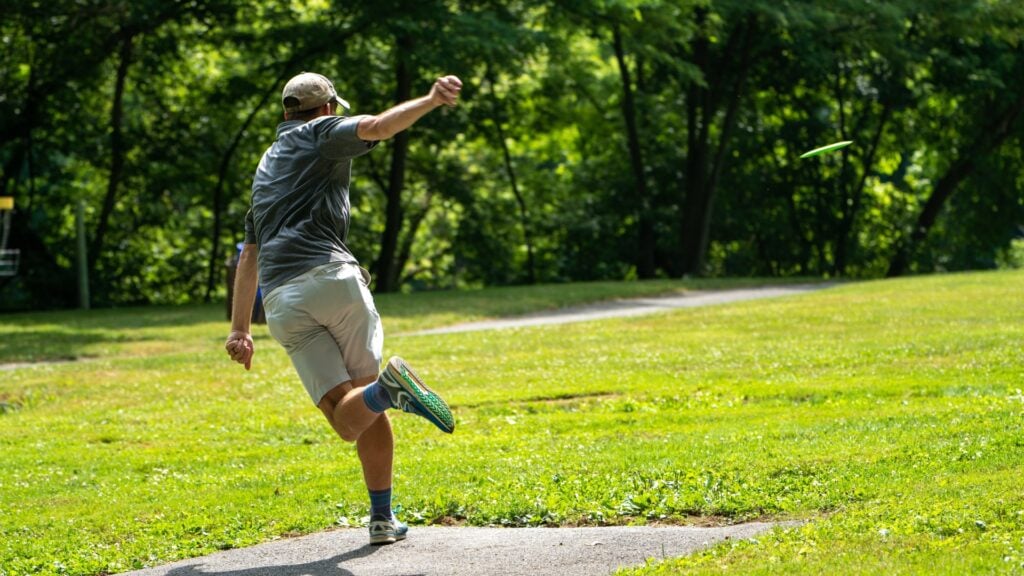Tired all the time? Discover why and caffeine-free ways to boost your energy

Ever ask yourself, ‘Why am I so tired all the time?’ Then you’re not alone. Between seemingly endless commitments, high stress and late nights, it’s no wonder tiredness sets in. The good news is there are plenty of healthy ways to boost your energy. Read on to find out why you may be feeling sluggish and how to get more spring in your step.
Vitamins that can reduce fatigue
Your body relies on a variety of important vitamins and minerals to keep you feeling energised throughout the day. Ideally, you should get nutrients from food, as your body absorbs vitamins more efficiently from whole foods than from supplements.1 Try to eat foods high in the following ‘energy’ vitamins each day and speak to your doctor or dietitian if you’re concerned about any preexisting or potential vitamin deficiencies. If you do decide to take supplements, be careful to not exceed recommended doses and speak to your doctor or pharmacist if you have any concerns.
Top vitamins for energy:
1. Iron
Maintaining good iron levels is essential for overall health and wellbeing, as low iron levels can cause fatigue, dizziness, and muscle aches.2
Iron plays a key role in moving oxygen around your body.3 There are 2 types of iron: One found in animal foods and the other mostly found in plant foods. Iron found in animal foods is absorbed by the body about 10 times more easily than iron from plant foods.2
Pair iron-rich meals with food or drinks high in vitamin C (like oranges, strawberries, tomatoes or capsicum) to boost absorption, especially if relying on plant-based iron. Be mindful of food and drinks that can block iron absorption (such as unprocessed bran, tea and coffee) when eating foods high in iron.2
Iron-rich foods:
• Red meat
• Tuna
• Liver
• Leafy green vegetables (like spinach and kale)
• Legumes and beans (like chickpeas)
• Dried fruit
• Eggs
• Iron-fortified cereals.
If you think you may not be getting enough iron, speak to your doctor or dietitian. If your levels are low, your doctor may recommend iron supplements or infusions.
Learn more about iron-rich foods and the recommended daily intake.

2. Vitamin D
Studies show vitamin D helps support our immune health and may play a role in managing energy levels.4 This ‘sunshine vitamin’ is produced naturally by your body when exposed to sunlight.
It is vital to remain sun safe, particularly in sunny Queensland. Most Australians get enough vitamin D while doing everyday outdoor tasks, and by including foods high in vitamin D.
Good sources of vitamin D
• Sunlight
• Eggs
• Liver
• Oily fish (salmon).
If you’re concerned about your vitamin D levels, they can be checked with your GP. If your levels are low, your doctor may recommend a supplement.
3. B vitamins
B vitamins are essential for maintaining our energy levels, but as water-soluble vitamins, they exit quickly via your wee! So, they need to be replenished regularly. Different B vitamins are found in certain foods, for example, B12 can be found in animal foods, such as eggs. Most people eating a reasonable amount of animal-based food will be getting enough B12 from the foods they eat as B12 is mostly found in animal products; but it can be trickier if you are mostly or exclusively eating plant-based food.5 If you’re vegan, speak to a nutritionist about B12 fortified foods or supplements.
Good sources of B vitamins:
• Whole grains
• Leafy greens
• Legumes
• Eggs
• Dairy
• Fortified cereals and plant milks

Movement for energy
Feeling too tired to exercise? Ironically, movement is one of the best ways to boost your energy.
It’s understandable that when you’re feeling weary, the last thing you have energy for is a run or hitting the gym. But regular physical activity increases blood flow and oxygen to your brain and muscles, boosting your energy.
If you’re feeling tired, start with low-impact physical activities, such as a bike ride, a walk around the block, or some stretches or yoga in your living room. Any movement is better than none, with even a short walk known to improve focus, reduce stress and add balance to your day.
Hydration for energy
Did you know that even mild dehydration can leave you feeling sluggish or foggy-headed? Water helps carry oxygen to our body’s cells and absorb key water-soluble vitamins and minerals that help our energy (hello B Vitamins, we meet again). Make water your go-to drink throughout the day, and drink coffee and soft drinks with caffeine in moderation.
Daily water requirements vary from person to person but general recommendations are:
• Adults: 8-10 cups (2.1L to 2.6L) each day (Add another 1-2 cups if pregnant or breastfeeding)
• Teenagers: 6-8 cups (1.4 to 1.6L) each day
• Children: 4 to 5 cups (1 to 1.4L) each day.

Less stress and more (quality) sleep
Both stress and restless sleep can impact your daily wellbeing and energy. High stress levels release stress hormones, like cortisol, which can affect our natural sleep cycle, making it difficult to fall asleep or stay asleep. Constantly waking during the night can affect your brain’s ability to focus, save memories, and make decisions, leading to that dreaded brain fog that makes work and study that much harder the next day.
Physically, lack of quality sleep means lower energy levels, reduced muscle recovery, and a weakened immune system, making us prone to developing illnesses. Over time, high stress and poor sleep can lead to tiredness, mood swings, and an increased risk of health issues such as cardiovascular disease and mental health concerns.
The amount of sleep you need depends on your age, routine, genetics and environment.6 The Sleep Health Foundation recommends adults sleep 7 to 9 hours each night, with teenagers and children needing more sleep to support growth and development.
Top tips to improving your sleep:
• Stay active during the day
• Set a consistent sleep schedule
• Be mindful of napping
• Wind down before heading to your sleep space
• Set up a sleep-friendly environment
• Limit screens and heavy meals before going to sleep
• Create a relaxing pre-sleep routine.
Feeling tired all the time can be caused by many things: vitamin deficiencies, dehydration, lack of movement, stress, or poor sleep. The key to feeling more energised is to make small, manageable changes each day, such as:
• Eating a variety of vitamin-rich foods7
• Drinking enough water
• Moving regularly
• Prioritising restful sleep
• Managing stress in healthy ways.
If you’re consistently feeling tired despite making these changes, don’t ignore it. Constant fatigue could be a sign of an underlying issue so speak to your doctor to explore what’s going on.
Sources:
- Melse-Boonstra A. Bioavailability of Micronutrients From Nutrient-Dense Whole Foods: Zooming in on Dairy, Vegetables, and Fruits. Front Nutr. 2020;7:101. (24 July 2020). doi:10.3389/fnut.2020.00101
- Australian Bureau of Statistics. Iron. Canberra: ABS; 2020-24 [cited 2025 August 26]. https://www.abs.gov.au/statistics/detailed-methodology-information/concepts-sources-methods/intergenerational-health-and-mental-health-study-concepts-sources-and-methods/2020-24/biomedical-collections/iron.
- National Health and Medical Research Council (NHMRC) (2013), ‘Iron’ Nutrient Reference Values for Australia and New Zealand, Eat for Health website. https://www.eatforhealth.gov.au/nutrient-reference-values/nutrients/iron
- Gunville CF, Mourani PM, Ginde AA. The role of vitamin D in prevention and treatment of infection. Inflamm Allergy Drug Targets. 2013;12(4):239-245. doi:10.2174/18715281113129990046
- Dietitians Australia. Diet and Nutrition Health Advise. B12. (n.d) https://dietitiansaustralia.org.au/health-advice/vitamin-b12#:~:text=of%20vitamin%20B-,12,be%20in%20an%20inactive%20form.
- Healthdirect Australia. (2023). Sleep.https://www.healthdirect.gov.au/sleep
- Australian Government, National Health and Medical Research Council. (2013). Australian Guide to Healthy Eating. https://www.eatforhealth.gov.au/guidelines/australian-guide-healthy-eating
Acknowledgement
This content has been developed by Health and Wellbeing Queensland’s team of expert nutritionists, dietitians, and exercise physiologists. Always visit your healthcare professional for dietary advice tailored to your circumstances.


